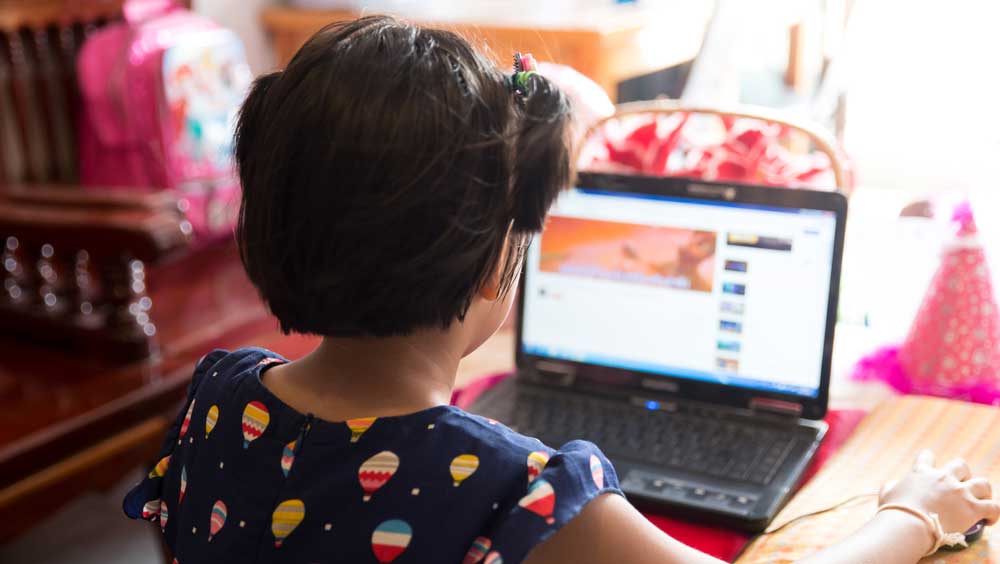Digitization might be an inevitable — and, in many ways, a welcome — aspect of technological and social progress around the world, but must it take hold of human lives from their very onset? The World Health Organization does not think so, and with good reason. In a new advisory, the WHO has said that children between the ages of two and four must not be allowed access to “sedentary screen time” for more than an hour each day, and infants even younger than that should not be exposed to electronic devices with screens at all. The fact that the health body felt the need to spell out these directives shows that exposure to screen time for even those below the age of two years has risen enough to warrant a cautionary message. Studies have suggested that a significant section of babies globally have some access to portable screens such as smartphones that act as convenient distractions for distressed toddlers, whether at home or in public places. But it has been repeatedly proved that this kind of access has detrimental effects on early learning as well as children’s cognitive and emotional development. Although such exposure can be attributed to an improved quality of life for certain sections of citizens, in India and overseas, its negative impact cannot be ignored — sedentary activities such as prolonged screen viewing have been linked to the risk of obesity, which, in turn, increases the risk for serious illnesses. Excessive exposure to screens is also known to disrupt healthy sleeping patterns.
The implications of these findings are manifold for infants. For one, they have adverse effects on social skills and meaningful relationships within and outside families, leading to such problems as isolation, loneliness and certain mental ailments. The challenge of weaning children away from wasting time on electronic devices with screens lies in reimagining the idea of recreation. The illusion of enjoyment is a major factor in children’s growing dependence on smartphones and televisions, which are encouraging self-absorption early in life. One kind of deterrent can be formal education as well as parental involvement. The idea of recreation must encourage a wider engagement with the world. For example, more children must be pushed to play out in the open instead of remaining glued to screens indoors. This can bring about an understanding of cohesion and community that might help in combating the spectre that is the screen.











